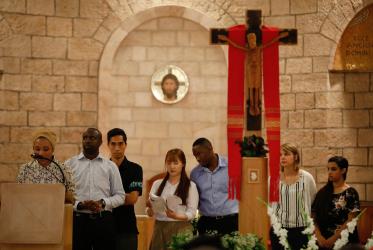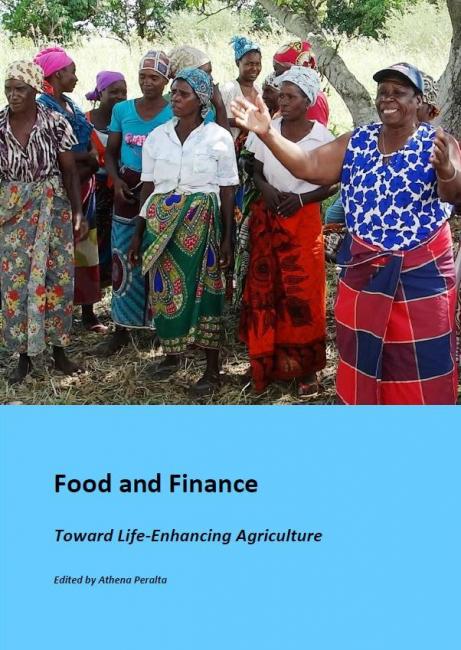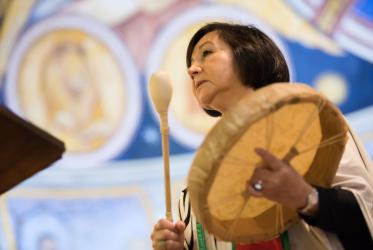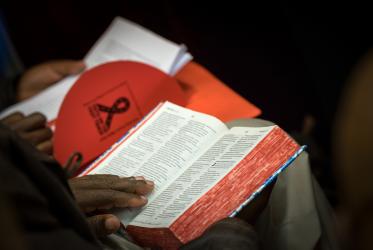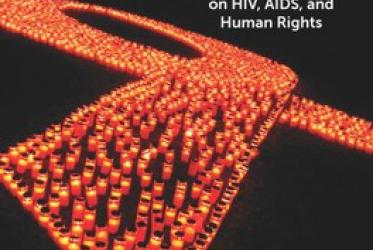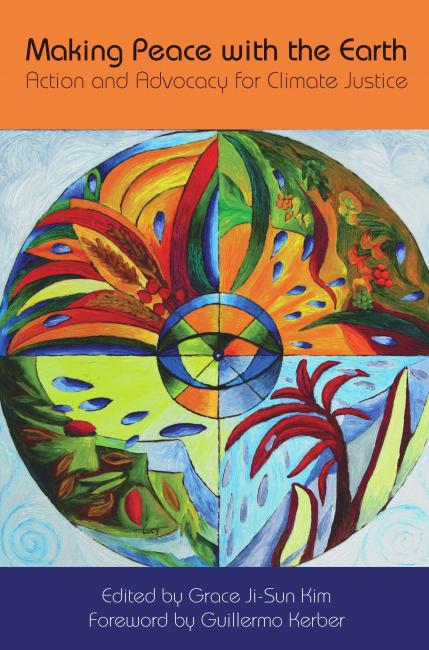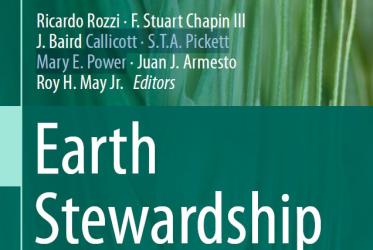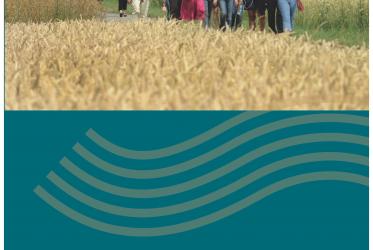Displaying 101 - 120 of 150
Applications open for WCC Eco-School
10 May 2017
Advocates urge transition to low-carbon economy, clean energy
09 November 2016
Bible study gives hope as youth reflect on HIV
02 November 2016
WCC climate change group plans advocacy strategy
10 October 2016
WCC book featured in UN discussion on gender, religions and health
16 September 2016
Honest talk blossoms between youth, theologians in Cote d’Ivoire
14 September 2016
Edward Dommen receives Colladon award for A Peaceable Economy
14 December 2015
Youth and church activists highlight peace pedagogy
28 August 2015
Inspirations for Earth Stewardship
12 August 2015
WCC Annual Review 2014
28 April 2015
